Discover The Rules of Investing
The Rules of Investing

The Rules of Investing
Author: Livewire Markets
Subscribed: 1,568Played: 48,435Subscribe
Share
© All rights reserved
Description
The Rules of Investing is one of Australia’s longest-running business podcasts, providing investors with unparalleled access to the ideas and insights of Australia’s leading fund managers, economists and industry experts. Learn how the industry’s best invest, with the help of Livewire’s James Marlay and Chris Conway. Whether you’re new to investing or a seasoned professional, this podcast is for you. New episodes are released every second Friday, available on Livewire Markets, Spotify, Apple Podcasts, and YouTube.
139 Episodes
Reverse
Vishal Teckchandani asked two of Australia's leading ETF providers to put together a starting lineup of 11 ETFs built to win next year.
Our two team captains were VanEck's Jamie Hannah and Global X ETFs' Marc Jocum, who each brought some of their big hitters (and more cricket metaphors than you can shake a stump at).
Property experts Nerida Conisbee and Kiril Ruvinsky unpack what is driving the market and share their bold predictions for 2026.
The Rules of Investing has wrapped for 2025. Thanks for tuning in; we’ve loved bringing you the conversations and insights that shaped markets this year.
We have a few bonus episodes coming out over the next couple of weeks and we’ll return to regular programming in 2026.
Enjoy the holiday break and all the best for the year ahead.
The ASX’s headline yield has slipped, but dividend income is still on offer if investors know where to look. In this episode of The Rules of Investing, IML’s Dr Michael O’Neill explains the dividend outlook, shares five ASX income picks, and outlines the mistake investors are making on rates and valuation risk.
*Correction - in the podcast Michael mistakenly said the yield on CSL is 4% when it is actually closer to 3% based on 1-year forward estimates from brokers.
Dr David Allen from Plato Investment Management joins the show to unpack the systematic engine behind his fund’s 25 percent annual returns, how red flags reveal stocks set to fall, and the global themes he believes will drive markets over the next decade.
QVG Capital’s Chris Prunty joins the Rules of Investing to unpack what makes the great companies great. He shares the three traits found in Australia’s “Hall of Fame” stocks, reveals four small caps he believes could follow in their footsteps, and explains why QVG is backing Hub24 over Netwealth in the battle of the investment platforms.
Property moves in cycles, but real value lies in assets you can’t replace. Quay Global Investors’ Chris Bedingfield joins The Rules of Investing to explain why global REITs are trading at some of the biggest discounts in years, how ageing demographics and construction costs are reshaping real estate, and why patience remains the most underrated edge for investors.
________________________
Thanks to our Sponsor AlphaSense
This latest episode is brought to you by AlphaSense.
See what AlphaSense can do for your investment research—visit alpha-sense.com/livewire to get started.
It’s hard to know what markets will do next week, let alone next year. But what if you could identify companies that will be in a stronger position five years from now?
That’s the approach taken by Lev Margolin, founder of System Capital, a Melbourne-based long/short strategy that’s delivered more than 22% per annum since inception. In this episode of The Rules of Investing, we unpack the four-step framework that guides his process, where he’s finding opportunities in a hot market, and the businesses he believes are quietly building long-term strength.
________________________
Thanks to our Sponsor AlphaSense
This latest episode is brought to you by AlphaSense.
See what AlphaSense can do for your investment research—visit alpha-sense.com/livewire to get started.
Soul Patts CEO Todd Barlow joins The Rules of Investing to unpack the firm’s merger with Brickworks, why he’s buying at cyclical lows, and how he’s positioning for the future of energy. He also shares why liquidity and humility matter when markets are running hot.
________________________
Thanks to our Sponsor AlphaSense
This latest episode is brought to you by AlphaSense.
See what AlphaSense can do for your investment research—visit alpha-sense.com/livewire to get started.
Markets are on fire and bubble talk is everywhere. So how should investors respond? In this episode, Magellan’s Arvid Streimann breaks down how to keep emotion out of your decisions, where he’s finding genuine value, and why he still believes in the power of brands and discipline.
________________________
Thanks to our Sponsor AlphaSense
This latest episode is brought to you by AlphaSense.
See what AlphaSense can do for your investment research—visit alpha-sense.com/livewire to get started.
In this episode of The Rules of Investing, Centennial’s Matthew Kidman shares his playbook for the late stage of a structural bull market. He explains why valuations don’t matter (for now), how he found his first 10-bagger, and the standout management teams on the ASX. Plus, Kidman reveals why he’s still bullish on markets — and what could eventually bring it all undone.
Warryn Robertson has spent two decades investing in the assets that keep the world running — from toll roads to transmission lines and satellites. In this episode, he explains the rules for owning the world’s best assets, why getting the definition right matters, and what investors are getting wrong about markets today.
________________________
Thanks to our Sponsor AlphaSense
This latest episode is brought to you by AlphaSense.
See what AlphaSense can do for your investment research—visit alpha-sense.com/livewire to get started.
Two of Australia’s most respected investment firms share how they are positioning for tomorrow. Learn where they see opportunity and how their strategies are evolving. From private credit to gold, discover where Soul Patts’ Todd Barlow and Regal’s Phil King see the biggest returns.
________________
This series is proudly sponsored by Bell Direct Advantage.
Bell Direct Advantage is a premium trading platform designed for active and sophisticated investors. It provides access to Bell Potter research, exclusive IPOs, and advanced trading tools, all aimed at giving you a competitive edge. Whether you're a frequent trader or a high-net-worth individual looking to trade shares, options, or warrants, Bell Direct Advantage offers a tailored platform and superior service to sharpen your investing edge. [Find out more here]
From gaming stock to global giant, Nvidia shows how fast the future can arrive. Global stock pickers Josh Cummings, Qiao Ma and Dr David Allen share where they see the next mega caps emerging.
________________
This series is proudly sponsored by Bell Direct Advantage.
Bell Direct Advantage is a premium trading platform designed for active and sophisticated investors. It provides access to Bell Potter research, exclusive IPOs, and advanced trading tools, all aimed at giving you a competitive edge. Whether you're a frequent trader or a high-net-worth individual looking to trade shares, options, or warrants, Bell Direct Advantage offers a tailored platform and superior service to sharpen your investing edge. [Find out more here]
Banks and miners dominate the ASX, but the opportunity doesn’t end there. At Livewire Live 2025, L1 Capital’s Mark Landau and Allan Gray’s Simon Mawhinney shared their conviction calls beyond these portfolio staples.
This episode is part of our special mini-series of The Rules of Investing, giving you a front-row seat to discussions from Livewire Live 2025, our flagship investor event.
Whether you’re after big-picture market insights or actionable investment strategies, this series offers exclusive insights to help shape your investment decisions.
We hope you enjoy this special 4-part series. We’ll return to our regular programming with the next episode of The Rules of Investing.
________________
This series is proudly sponsored by Bell Direct Advantage.
Bell Direct Advantage is a premium trading platform designed for active and sophisticated investors. It provides access to Bell Potter research, exclusive IPOs, and advanced trading tools, all aimed at giving you a competitive edge. Whether you're a frequent trader or a high-net-worth individual looking to trade shares, options, or warrants, Bell Direct Advantage offers a tailored platform and superior service to sharpen your investing edge. [Find out more here]
If you’re still betting on bear markets or mean reversion to drag asset prices back to earth, you’re living in a bygone era. That’s the message from Viktor Shvets, Macquarie’s Head of Global Strategy, who joined us at Livewire Live 2025.
This episode is part of our special mini-series of The Rules of Investing, giving you a front-row seat to discussions from Livewire Live 2025, our flagship investor event.
Whether you’re after big-picture market insights or actionable investment strategies, this series offers exclusive insights to help shape your investment decisions.
We hope you enjoy this special 4-part series. We’ll return to our regular programming with the next episode of The Rules of Investing.
________________
This series is proudly sponsored by Bell Direct Advantage.
Bell Direct Advantage is a premium trading platform designed for active and sophisticated investors. It provides access to Bell Potter research, exclusive IPOs, and advanced trading tools, all aimed at giving you a competitive edge. Whether you're a frequent trader or a high-net-worth individual looking to trade shares, options, or warrants, Bell Direct Advantage offers a tailored platform and superior service to sharpen your investing edge. [Find out more here]
Christopher Joye is making a bold call on the US. He believes Trump’s policies will deliver exceptionally strong growth, fuelled by tariffs, tax cuts, and trillions in AI-driven investment. In this episode, Joye explains why he is so bullish on America, what the bond market is signalling, and his advice for investors as hybrids roll off in the years ahead.
________________________
Thanks to our Sponsor AlphaSense
This latest episode is brought to you by AlphaSense.
See what AlphaSense can do for your investment research—visit alpha-sense.com/livewire to get started.
Large caps are often seen as the steady corner of the market, but recent months have reminded us they’re anything but boring. On this episode of The Rules of Investing, Anna Milne, Deputy Portfolio Manager of WAM Leaders shares how Wilson Asset Management is navigating volatility in the ASX 200.
Milne discusses why they like commodities and how the listed investment company structure allows them to back “fallen angels” they believe still have plenty to give. She also highlights the dependable large caps quietly compounding away, and reveals the one company she’d hold if markets shut for the next five years.
Book recommendation: Good to Great
________________________
Thanks to our Sponsor AlphaSense
This latest episode is brought to you by AlphaSense.
See what AlphaSense can do for your investment research—visit alpha-sense.com/livewire to get started.
August reporting season was a rollercoaster but it didn't stop the momentum that has been pushing the ASX higher in 2025.
There were shock sell-offs, steady beats, and a very strong showing from small caps. To help make sense of it, Livewire spoke with small cap stock picker Chris Stott from 1851 Capital, and our very own Kerry Sun, who spends his days hunting for insights from announcements, broker notes and market moves to share with readers on Market Index and Livewire.
This episode of The Rules of Investing was a little different. We unpacked the big themes and surprising stats, dug into the drivers of small-cap strength, and finished off by handing out five light-hearted reporting season awards - from the Stephen Bradbury Award (for the company everyone had written off) to the Sir Alex Ferguson Award (for standout management).
________________________
Thanks to our Sponsor AlphaSense
This latest episode is brought to you by AlphaSense.
See what AlphaSense can do for your investment research—visit alpha-sense.com/livewire to get started.
MA Financial has built its reputation in the toughest corner of the corporate world, restructures. In the years after the GFC, it advised on some of Australia’s most complex and high-profile turnarounds, from Centro Properties and Alinta Energy to Babcock & Brown and Nine Entertainment.
Today, the firm manages over $12 billion and has grown into a major player in private lending. In this episode, Livewire speaks with Frank Danieli, Head of Credit Investments and Lending, about how MA Financial’s restructure heritage shapes its credit strategies, why uncertainty is a constant, and where he sees opportunities, including an unexpected one in car loans.
________________________
Thanks to our Sponsor AlphaSense
This latest episode is brought to you by AlphaSense.
See what AlphaSense can do for your investment research—visit alpha-sense.com/livewire to get started.




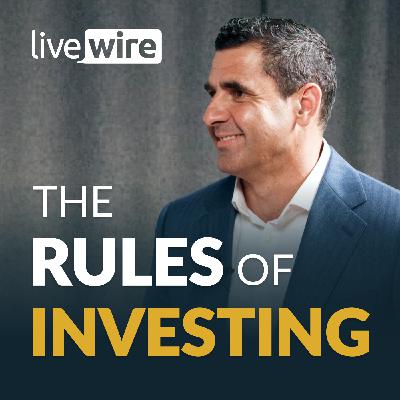
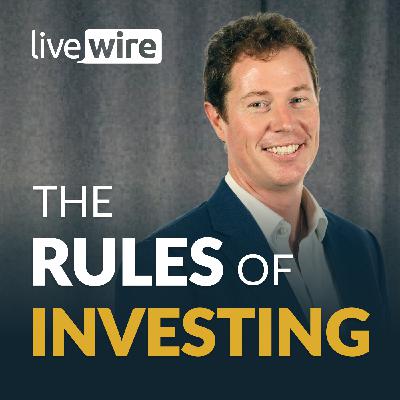
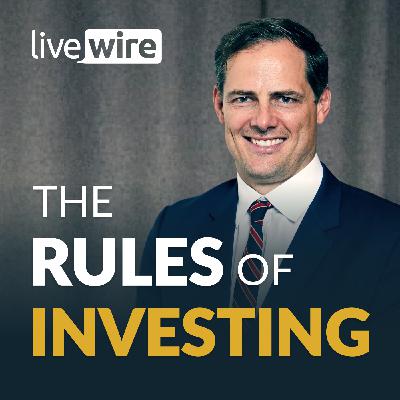

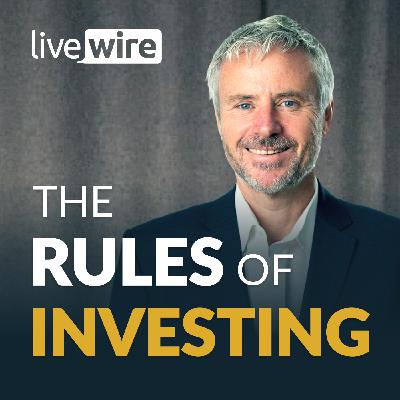
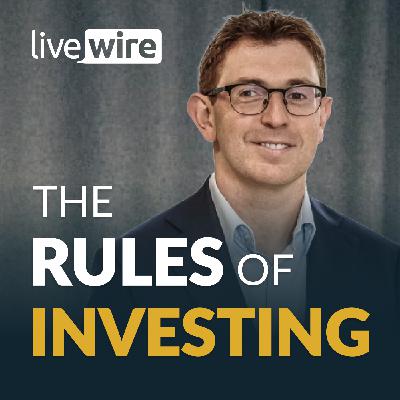
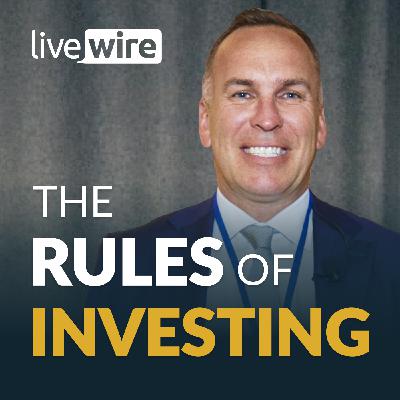
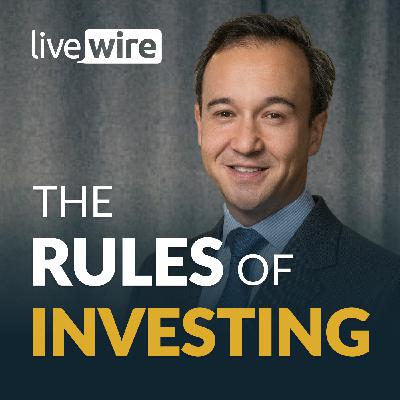

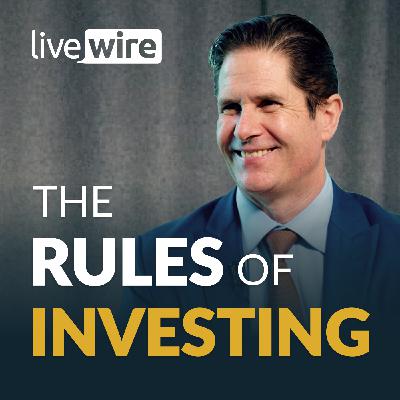




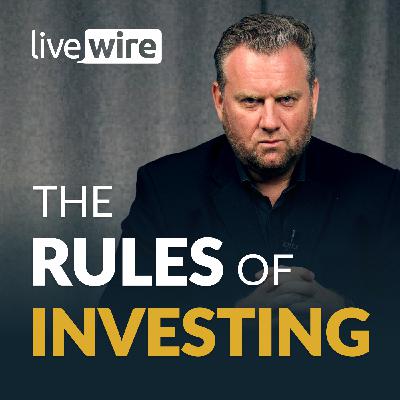
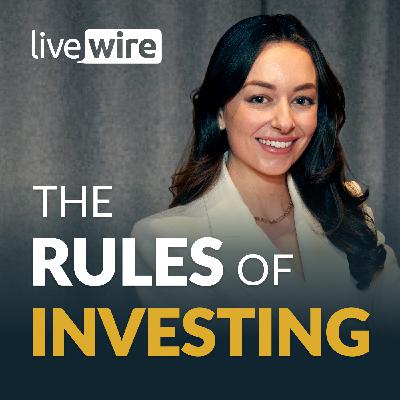
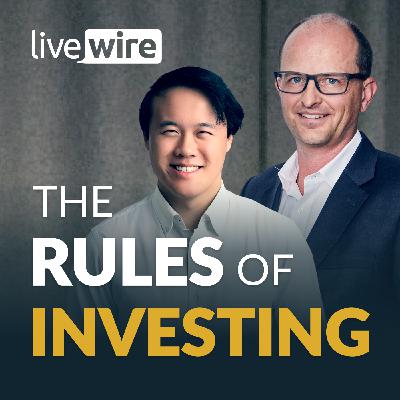
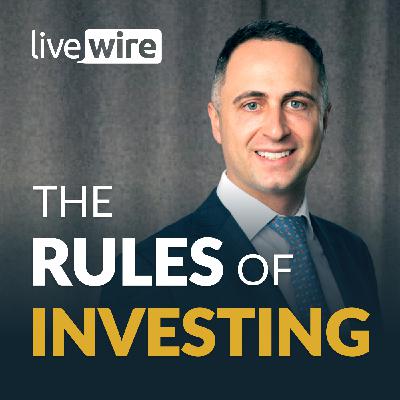



Really like this series. A chance to get the perspectives of a range of knowledgeable investment people. My favourite investment podcast.
One of the best interviews of an excellent series. Thank you.